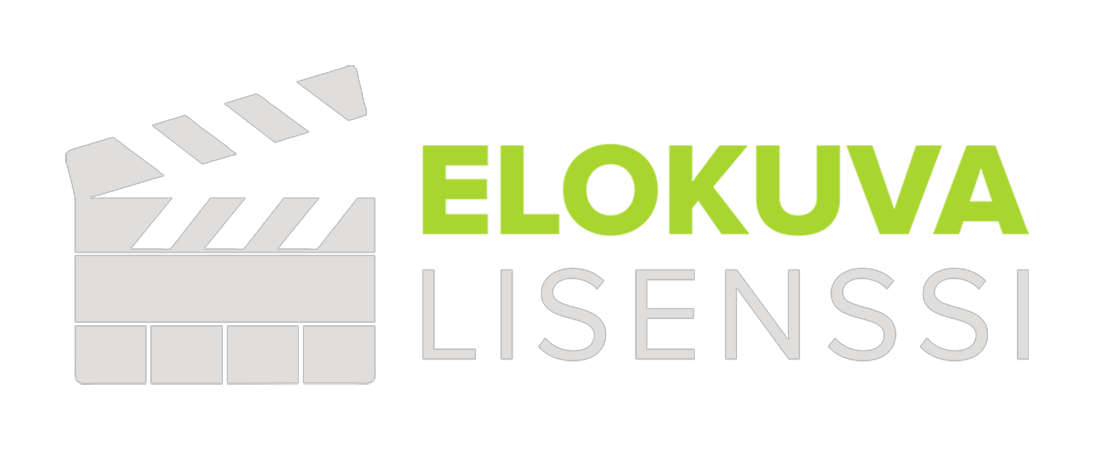WHAT IS
PUBLIC SCREENING OF MOVIES?
🎬 Did you know that movies are often screened without permission?
Are you one of them? 🤔
Publicly screening a movie without proper authorization is a copyright infringement, which can lead to legal consequences. Copyrights protect movie rights holders, ensuring they receive the recognition and financial compensation they deserve.
📜 What is public screening?
- Any screenings outside a private home that are not restricted to close family or friends.
- Events open to the public or where attendees are not pre-identified.
- Screenings aimed at a larger closed group or where the screening is linked to commercial activities.
- There are no exceptions – even showing short clips from movies counts as public screening.
✅ How can you ensure compliance?
Rights holders can authorize entities to license their movies, and Elokuvalisenssi is Finland’s leading licensing service. We represent both domestic and international production companies, offering legal and flexible screening licenses for various purposes.
🎟 Get your screening license easily and ensure your movie screenings are legal!
Vertaile lupiaThe following examples are considered as public screening:
🎬 Do you need a screening license?
All the situations listed below require a public screening license for movies:
🏫 School lessons – movies and movie clips as part of teaching
📚 Libraries and youth centers – movie screenings for community activities
🏙 City or municipal organized movie screenings – screenings for residents
🎭 Clubs and leisure activities – movie screenings for after-school clubs and hobby groups
🎞 Film clubs – regular screenings for movie enthusiasts
🍽 Shopping centers, restaurants, commercial spaces, and swimming halls – movie screenings to enhance customer experience
🌌 Outdoor and drive-in screenings – movie nights for a large audience
🎟 Considering ticket sales for the event? Ticket sales are possible under separate conditions but require additional licensing. Contact us before submitting the screening license application, and we will help you find a suitable solution!
Compare and apply for a screening license here!
Illustration: Jukka Lemmetty
Compare licenses!Info about the copyrights
It is essential to be aware of and respect copyright laws. Copyright infringements can lead to both criminal and civil penalties.
Copyright infringements can occur, for example, when works are used without proper authorization. Such infringements may include unauthorized reproduction, distribution of works to the public, or the importation of pirated goods. Other copyright infringements may involve violations of moral rights or circumventing technical protection measures.
Copyright crimes and copyright violations are categorized based on their severity. A criminal offense requires intent, a profit motive, and significant harm or damage. A violation, on the other hand, can occur intentionally or through gross negligence but without a profit motive or significant harm or damage.
Copyright infringements can result in various consequences, such as imprisonment or fines. Additionally, infringers may be liable for compensation and damages. Copyright holders have the right to seek forfeiture penalties, such as the destruction or surrender of illegal copies.
Let us remember to respect copyright and follow the laws to ensure a fair and just environment for all creative professionals
Source: TTVK / Tekijänoikeuden tiedotus- ja valvontakeskus ry – Tekijänoikeuden loukkaukset
Links:
TTVK – Tekijänoikeuden tiedotus- ja valvontakeskus ry
Tekijänoikeus.fi – Oppilaitoksille ja kaikille suunnattua tietoa tekijänoikeudesta
Kopiosto – julkaisujen ja av-teosten vastuullisen käytön edustaja
